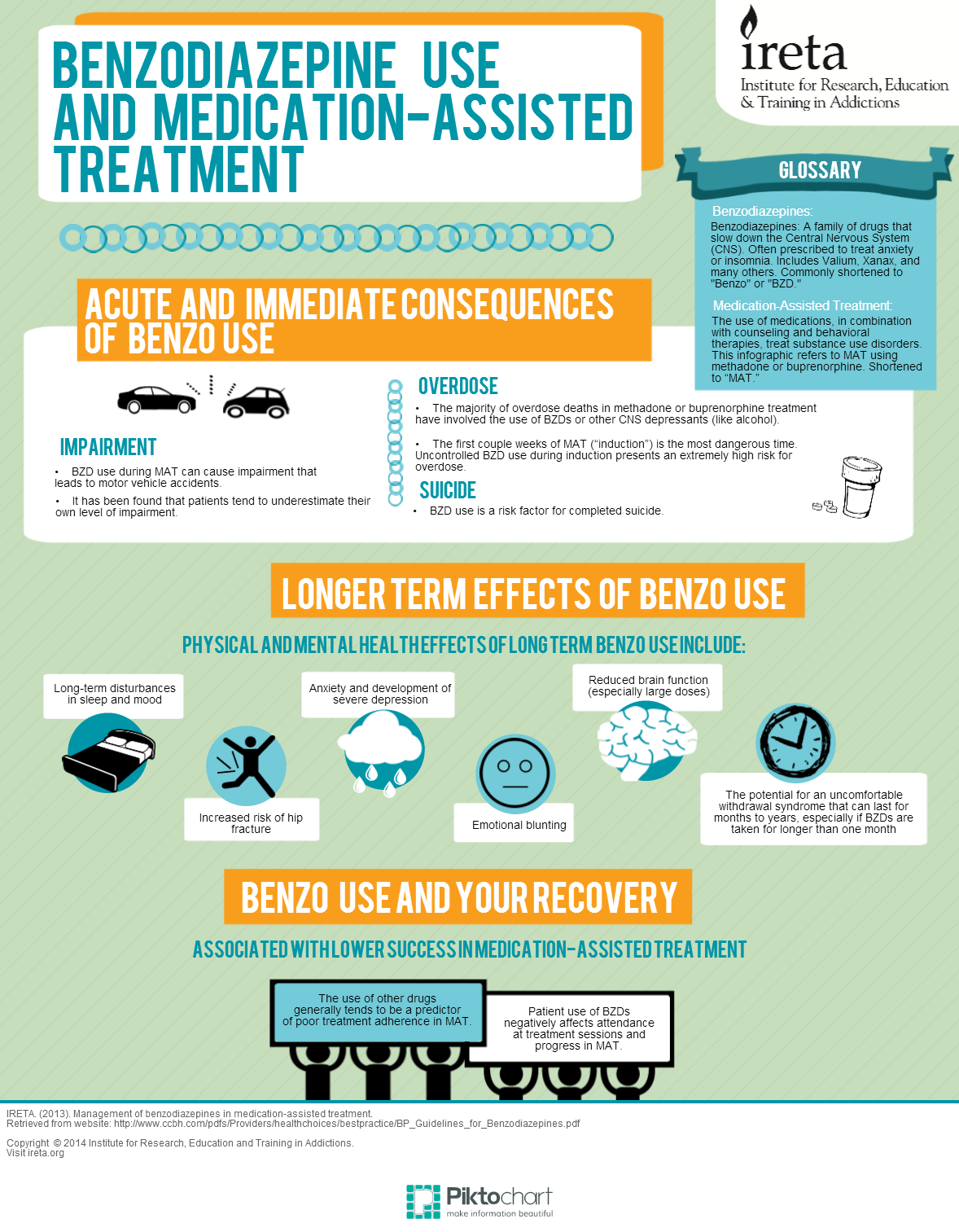April 14, 2014
Maureen Fitzgerald
Editor, ATTC Network Coordinating Office and NIATx
With this month’s
Third Thursday iTraining (2:00pm EST, April 17, 2014) coming up, “Management of
Benzodiazepines in Medication-Assisted Treatment,” I took a few minutes to
chat with Roland Lamb, Director of
the Office of Addiction Services at Philadelphia’s Department
of Behavioral Health and Intellectual disAbility Services (DBHIDS).
Lamb and colleagues at DBHIDS got the ball rolling to create
a set of practice guidelines for benzodiazepines back in 2011, in response to
what they saw as a very confusing environment for Philadelphia providers and
their constituents.
“We were seeing a lot of different approaches to
benzodiazepines and MAT for opioid dependence,” says Lamb. “Some providers were
medicating patients with benzodiazepines and others refused to treat anyone who
was using them. There were also providers who just didn’t know what to do with patients
who continually tested positive for benzodiazepines while receiving MAT. And then
there were patients who were getting prescriptions for benzodiazepines but not
testing positive—so they must have been dealing. It was a very confusing
environment for providers and for patients, but our main concern at DBHIDS was
that we did not want to see people discharged from treatment for the very
reason they needed treatment.”
A suggestion from Dr. Trusandra Taylor led Lamb to consider
creating a resource similar to the ATTC buprenorphine
treatment blending product. He then reached out to Dr. Arthur Evans,
Commissioner of DBHIDs, Dr. Matthew
Hurford, Chief Medical Officer at DBHIDS, Dr. James Schuster, Chief
Medical Officer at Community Care Behavioral Health Organization, and Mike
Flaherty, then director of IRETA, to get the project going. Drs. Hurford and Schuster, along with Dr. Dawn Lindsay of IRETA, will present the April
17 iTraining.
“We saw this as not just a Philadelphia problem, but a statewide
and national problem,” says Lamb. “The end result we hoped would be a set of
guidelines that would focus on treating the person rather than managing the
medications.”
The resulting
guidelines, developed by IRETA, join the of Practice Guidelines for Recovery
Oriented Treatment that DBHIDS has created as part of its Tools for Transformation
initiative. Jessica Williams provides a great overview of
the guidelines in her article in this month’s ATTC
Messenger. For more about the Transformation Initiative, see Jon
Korczykowski’s recent story in Behavioral Healthcare, "Transformation
in Philadelphia".
“Philadelphia providers have welcomed the benzodiazepine
guidelines, but at the same time they’ve given some providers reasons to
question use of benzodiazepines. We still need to figure out how to fit this
all together in terms of risk management,” says Lamb. “We’re hoping that
providers will begin to tell us which guidelines are useful, and we also want
to hear from those they’re treating.”
Overall, says Lamb, creating the guidelines demonstrates how
payers like DHBIDS can enhance quality of care. “Partnering with providers
serves our constituents better, and creating guidelines like these allows us to
extend the partnership with greater continuity.”




No comments:
Post a Comment